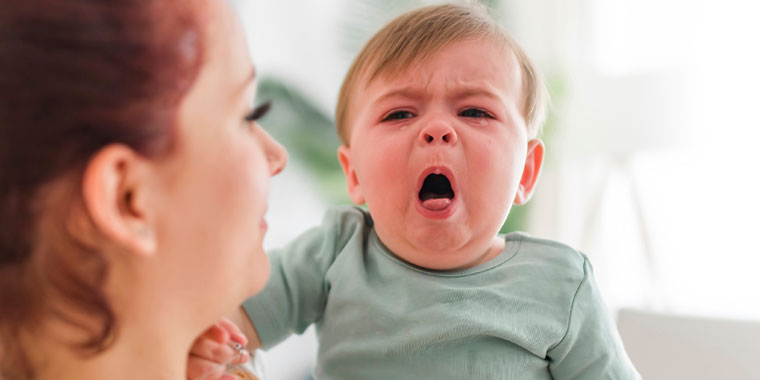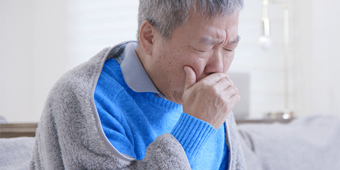RSV: What Parents Should Know

Answer a few questions and we'll provide you with a list of primary care providers that best fit your needs.
Move over COVID (which is still out there, too). The latest illness to dominate the headlines is RSV. And this time it’s the little ones who are filling hospital beds.
Premier Health Now talked with family nurse practitioner Kayla Bostwick, FNP, to help parents understand the disease and withstand the surge of this common virus that infects the nose, throat, lungs, and airways.
“In adults, RSV is much like the common cold,” says Bostwick. “But in young children, especially those under two, it can be a very serious illness.” That’s because their lungs and immune system aren’t fully developed, and their body may not be capable of fighting the virus like older children and adults usually can.
What To Look For
The typical symptoms of RSV are a stuffy nose, mild cough, fever, and decreased appetite. But for babies who don’t yet have the ability to fight it, the symptoms of RSV can quickly worsen.
“Look for signs that your baby may be struggling to breathe, like wheezing, flared nostrils, or the skin and muscles between their ribs appear to be caving in,” explains Bostwick. “Other signs include fever, not wanting to feed, or fewer wet diapers.” If your child shows any of these signs, Bostwick advises calling your doctor.
Call 911 if your child has blue lips or gums or is not breathing.
How To Treat RSV
Because RSV is a virus, antibiotics aren’t effective. Instead, focus on clearing the airways. “Teach your toddler how to blow their nose,” says Bostwick. “That’s huge a help in unblocking the airway.” For children too young to blow their nose, suction their nostrils often with a bulb syringe.
And give them plenty of fluids. Pedialyte, water, or other clear fluids are best, she says. While sugary drinks typically are not what the doctor orders, “if that’s all your child will tolerate, in this instance, we’ll make an exception,” she adds.
Using a humidifier in the room where your child sleeps may help them breathe easier. And monitor them closely for any signs they may be getting worse.
Preventing RSV – You Know the Drill
You’ve heard it already. Because the virus can last several hours on your hands and other surfaces, insist everyone in the house wash their hands and wipe down high-touch surfaces often.
Disinfect toys frequently and throw soft toys and blankets in the washing machine often.
If anyone (adults or children) isn’t feeling well, stay home. Anyone who is sick should be isolated from others in the house to prevent the virus from spreading. “We know it’s tempting, but don’t be kissing those sweet babies in your house until you’re well!” Bostwick concludes.
A final recommendation is for adults to get the flu shot, “because a child with RSV likely will get worse if they get the flu, too.”
Answer a few questions and we'll provide you with a list of primary care providers that best fit your needs.
Source: Kayla Bostwick, FNP, Premier Health Family Care of Vandalia





